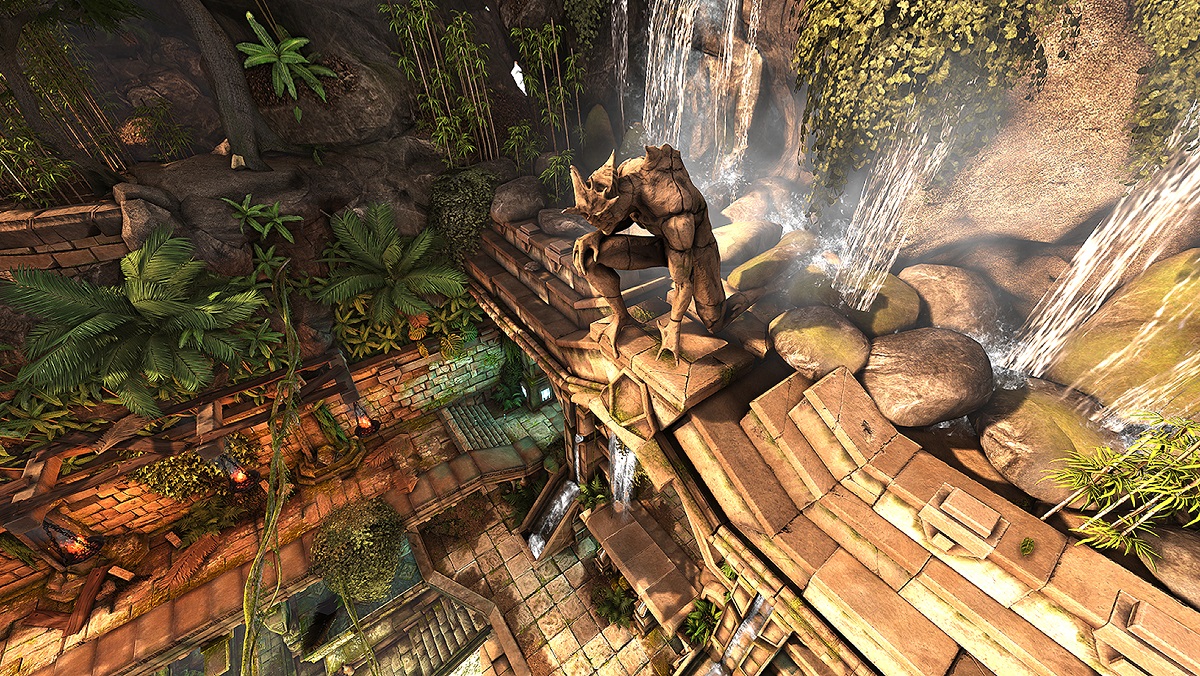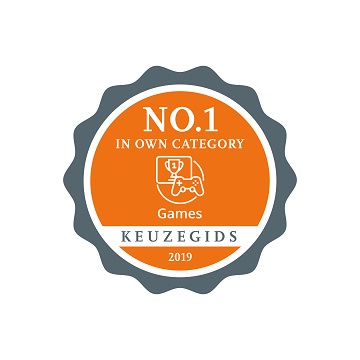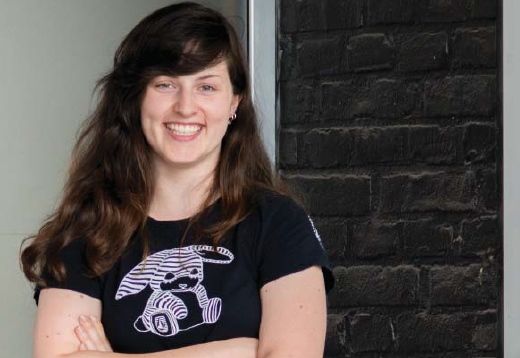Creative Media and Game Technologies (Fast Track, 3 years)


About the course
What is the "success factor" of the computer game "World of Warcraft" or "Call of Duty’? Why do people find themselves glued to their computer screens for hours on end trying to master the latest game? Why do other games simply not catch on? How do you create a unique selling point for a game concept? What does it take to make a game become a commercial success?
Are you the programmer, the game designer, the visual artist or the technologist who knows the answers to these questions? Can you create the magic of new games?
Ambitious, practical and highly skilled!
You are enthusiastic and passionate about game development. You are creative, have good drawing and computer skills, and have a sense of aesthetics. You are work minded in a commercial way. Whether you work in the games industry or in related fields such as companies developing user interfaces or animations studios, working long hours is the rule rather than the exception.
Study programme
The "International Game Architecture and Design" programme takes 4 years to complete. This fast track option allows you to finish it in 3 years.
During your three years of study you will work in a simulated game development studio on different game projects. The majority of your time will be spent working on projects either individually or in groups, and attending workshops.
First year
In the first year, you will complete one of the following two study tracks:
- Visual Art/Programming
- Design and Production
Second year
This year you specialise in your chosen role either working in a multidisciplinary team on a year-long game project or in a smaller specialist team supporting the game project.
Third year
In the graduation year you work on two projects that may include:
- a portfolio project individually or in a group (always assessed individually);
- working at a company (with a project deliverable);
- developing a business plan and designing a product (to start your own company, supported by our entrepreneurship start-up specialists);
- taking part in a one-semester exchange programme at our partner universities.
We encourage our students to go abroad during their study. In year 4, students participate in projects at companies around the world.
IGAD Graduate Success Story
Tessa El Miligi

1. What is the official name of your current job and what does it entail?
I am an Animation Fixer on the first 3D animated feature film adaptation of Asterix and Obelix. The job entails taking shots received from the animation department and performing animation clean-up on those shots. Occasionally I’m also involved in the supervision, management, and training of the Animation Fix team.
Previously, after graduation, I worked as a Lighting Artist on Knack, a Playstation 4 release title.
2. How would you describe the Digital Art programme you followed at Breda University of Applied Sciences?
The programme gave me the best possible preparation for the industry I could imagine. Not only did the programme teach me the practical skills I needed to make it in the industry, but it also gave a solid foundation from day one in terms of professional attitude and perseverance that now enables me to get ahead.
3. When you look back, do you think studying at Breda University of Applied Sciences was the right thing for you?
The degree course at Breda University of Applied Sciences was a Godsend in terms of my future. As a kid I was always fascinated by game development and later realised it was what I really wanted to do. I had no idea how to make such a thing happen.
The International Game Design & Architecture programme at Breda University of Applied Sciences made the impossible possible, and to this day I think it was the best decision I could've made.
Within the first 7 weeks of starting the programme I learnt more than I ever could’ve learned by myself over a span of several years, and to this day still use many of the lessons learnt.
4. In what way are your studies linked to your current job?
When I started at Breda University of Applied Sciences I discovered that animation is my passion, and although I still love games I can't help but appreciate the immense amount of work that goes into feature film animation.
Over time I realised that digital animation and art is the field I wanted to work in. Despite being a games course the International Game Architecture and Design degree programme is taught to such a high level that it’s possible to focus on the field of film and animation, should students want to do this, which was what happened in my case.
After completing Knack I was offered a job doing animation clean-up for Asterix, which was a great opportunity for me.
5. Can you describe your average working day?
Usually when I arrive at work I have a number of shots to process. We've set up a system that allows the team to easily see which shots have priority over others so that the team always knows what comes first. On average we process about 2-4 shots a day per person depending on the difficulty of the shot. This difficulty depends on a number of factors, including the length of the shot, framing of the shot, the number of characters in the shot, the weight of those characters, and the amount of movement coming from those characters. There are a number of issues I have to fix such as on-screen intersections that could break the suspension of disbelief, off-screen intersections that are needed for more technical reasons, as well as making tweaks in the animation where they might be needed.
6. What is your best memory of Breda University of Applied Sciences and your stay in Breda?
One of the best memories of Breda University of Applied Sciences are the students and the lecturers (as well as Breda being a great city to live in!). The lecturers are passionate about what they do and as a result have many of the same interests as the students. This often makes the class much more interesting, informative and often funnier than one would often expect from a typical day of classes.
7. What tips would you give prospective students who have to make the difficult decision about where/what to study?
From my experience I’d say decide for yourself what it is you'd really love to do, regardless of people's opinions on it or whether or not you think it’s possible. Once you decide what it is you love doing pursue it without question. Make sacrifices if you have to, to realise your dream. The chances are you’ll love doing it for many years to come, no matter how small or big that thing is.
Similar courses



